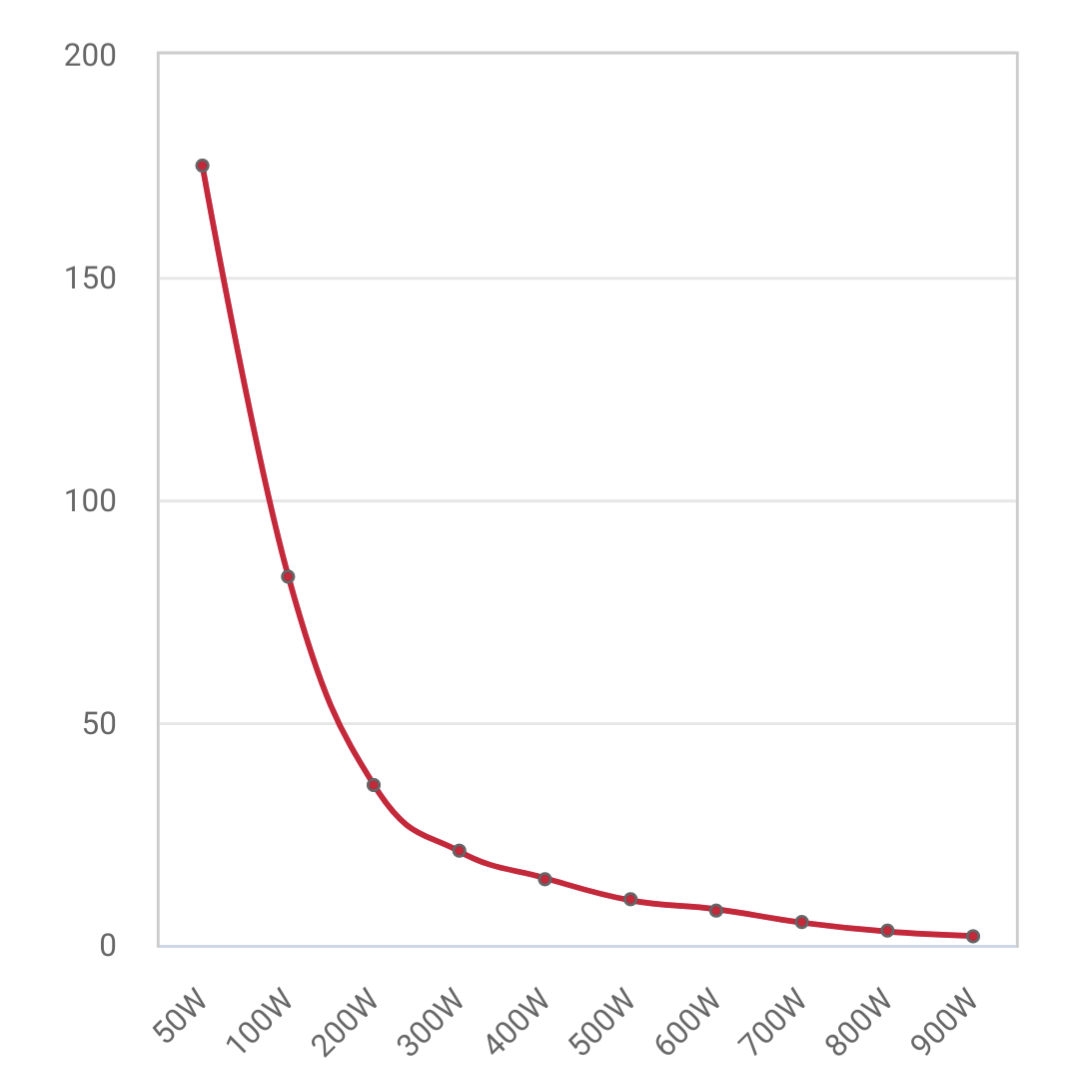

Anything using vanguard such as valorant and league of legends, battleye such as pubg, destiny 2, and rainbow 6 siege, and easy anti cheat such as fortnight blocks virtual machines. Vanguard is especially bad because it will not allow to run the game with Intel-VT/AMD-V enabled even if you are running bare metal as of its last update.







Honestly you should just bypass dells management software and use NUT. It supports your UPS’s management card if you enable SNMP or you can bypass it all together and just run off of the USB/serial.
I’m pretty surprised I can run my whole network for an hour off of my 1500va UPS with three switches and a handful of POE devices. I’m still thinking about replacing it with a rack mount unit so i can lock it inside my rack as I’ve been having issues with unauthorized people messing with it.